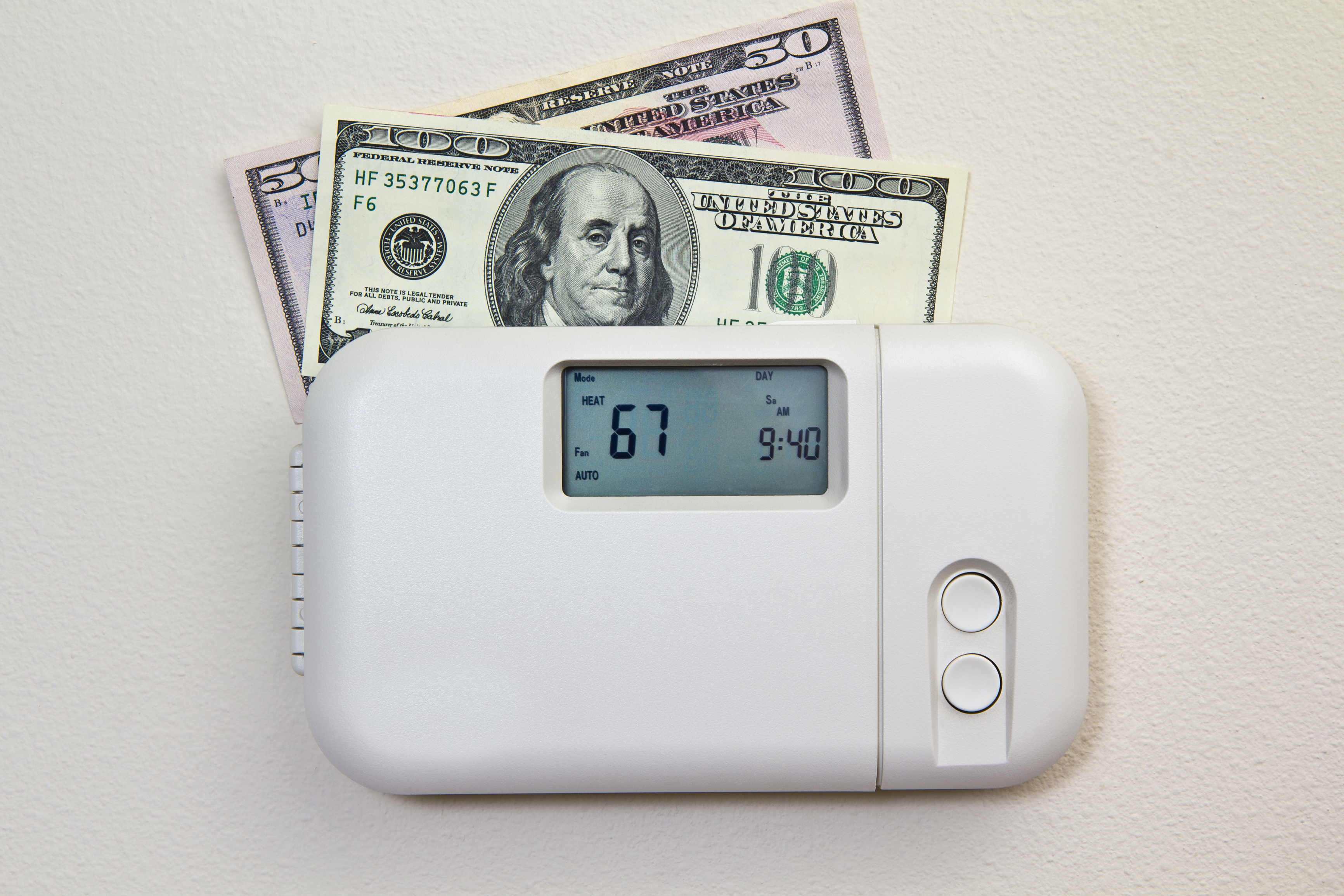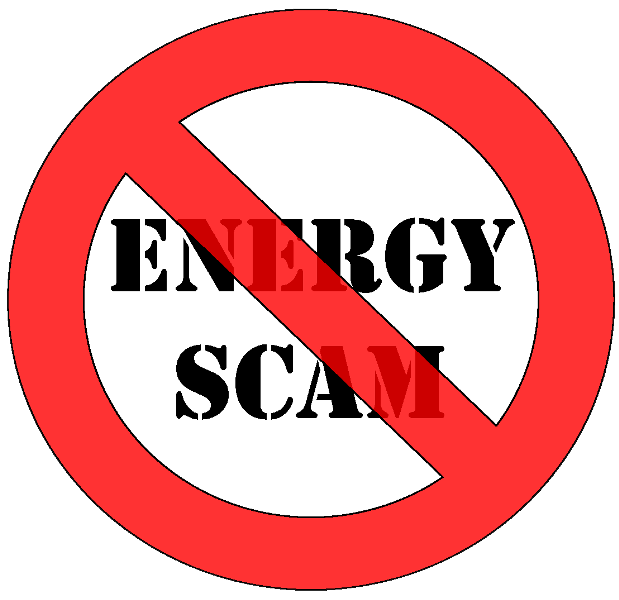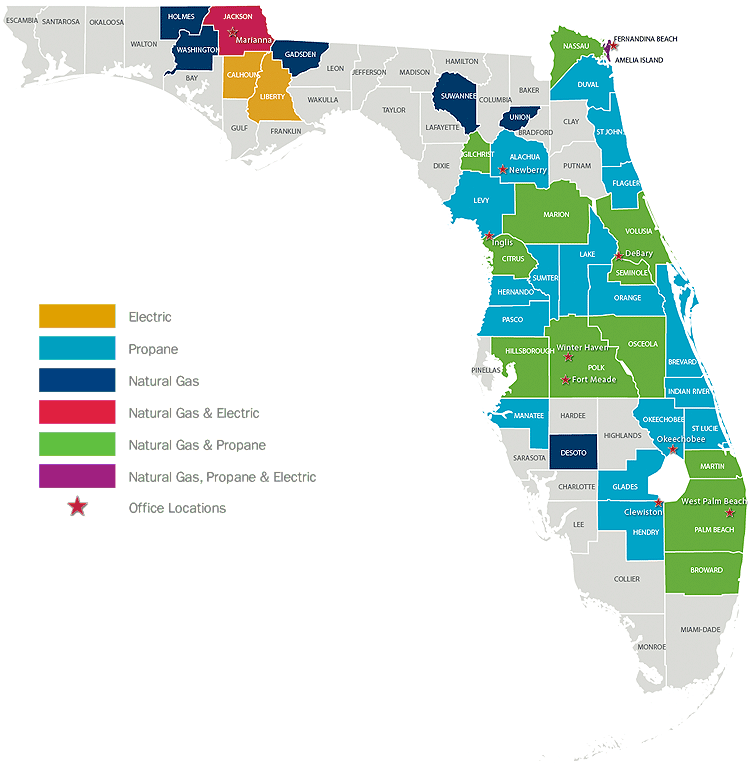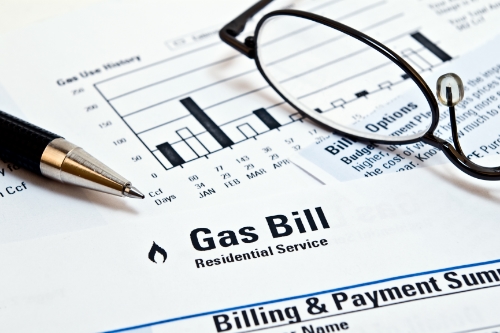We are already into the season of day time high temperatures in the 90° range. Air conditioning is pretty much a necessity in Florida. So, what do you do when your air conditioner needs replaced? Often, we are more worried about our immediate comfort desiring just to get a new one quickly. It would be better to sweat a couple days and do your due diligence for long term comfort and efficiency. Air conditioning is your number one energy cost so it pays to do it right! I’ve got 3 tips for you when it comes time to replace your unit.
3 Tips You Should Know When Buying a New Air Conditioner in Florida
Posted by Scott Ranck on Jul 21, 2015 12:07:35 PM
Topics: Residential, Natural Gas, Energy Efficiency, summer
Top 2 Things You Should Know About Pool Heaters in the Summer Season
Posted by Scott Ranck on Jul 1, 2015 3:14:27 PM
Topics: Energy Conservation, Residential, Natural Gas, Energy Efficiency, Commercial, natural gas appliances, Pool Heaters, summer
Beware of Energy/Utility Scam Advertisements in Florida
Posted by Scott Ranck on Jun 19, 2015 9:29:00 AM
Topics: Energy Conservation, Residential, Natural Gas, Energy Efficiency
Well folks, it’s that time of year again! Temperature’s rising, kids are out of school and electric meters are spinning like a crazy. For most Floridians, this is the costliest time of year. So, let’s discover 8 major ways you can save money on your monthly utility bill and still have a fun summer with the familiy!
Topics: Energy Conservation, Residential, Energy Efficiency, electric
I regularly get to observe the consequences when consumers fail to become energy skeptics. The sad reality is what many peddle as “Going Green,” only results in green going from your pocket to theirs. So, I offer you these five suggestions on how you can become savvier in your energy upgrades!
Topics: Energy Conservation, Residential, Natural Gas, Energy Efficiency
Natural gas comes out of the ground through drilling. It is odorless and tasteless in its natural form. Natural gas is flammable when mixed with just the right quantity of air and when there is a means of ignition. Natural gas travels by pipeline from the well head, through processing and finally to our homes and businesses.
Topics: Energy Conservation, Residential, Natural Gas, Energy Efficiency
When I think about the holiday season, my mind goes to smells of fresh baked cookies, and the delight of watching the flames dance in the fireplace in a nice warm home. It actually is nice to have a little cold weather in late December, especially for all of us who moved here from the northern climates.
Here are three great ways to maximize natural gas in your home for the holidays:
Topics: Energy Conservation, Residential, Natural Gas, Energy Efficiency
4 Energy-Saving Tools to Help Reduce Your Monthly Utility Bill
Posted by Scott Ranck on Nov 10, 2014 1:05:24 PM
At Florida Public Utilities Company we want to be generous with energy information and expertise. In fact, we want to be the first place you think to check for reliable, truthful energy information.
Here are 4 online energy tools you can use to help reduce your monthly utility bill :
Topics: Energy Conservation, Residential, Natural Gas, Energy Efficiency
5 Steps To Maintaining Winter Appliances In Florida
Posted by Lyn Cacella on Oct 29, 2014 4:44:36 PM
As you were soaking up the sun over summer, or out frolicking in the early fall, your furnace filter was most likely hard at work catching dust, dander, bacteria and other deposits. And if you’re like the estimated four-out-of-five homeowners who neglect to perform the proper pre-season appliance maintenance, when that first chilly day hits and the temperature drops low enough to constitute turning on your furnace, you may have more than a clogged filter to deal with. In fact, you may discover that your heater has stopped working altogether.
Topics: Energy Conservation, Residential, Natural Gas, Energy Efficiency, propane
Renters: 6 Tips to Saving Money on Your Monthly Utility Bill
Posted by Scott Ranck on Oct 21, 2014 10:27:37 AM
One of the big energy problems throughout the state is rental property. In most rent or lease situations the tenant is responsible for the utility bills. The person owning the property has no vested interest in paying for energy upgrades because he doesn’t have to pay the utility bills.
It is a difficult situation and one of the larger reasons for major energy waste. Short of legislative action that would require some mandatory energy upgrades here are some suggestions to help lower utility costs for the renter. Take charge of what you can control and apply some pressure on the landlord to do some upgrades.
Topics: Energy Conservation, Residential, Natural Gas, Energy Efficiency
Comment on This Post
Submit your comment – plus, see what other people are saying.









